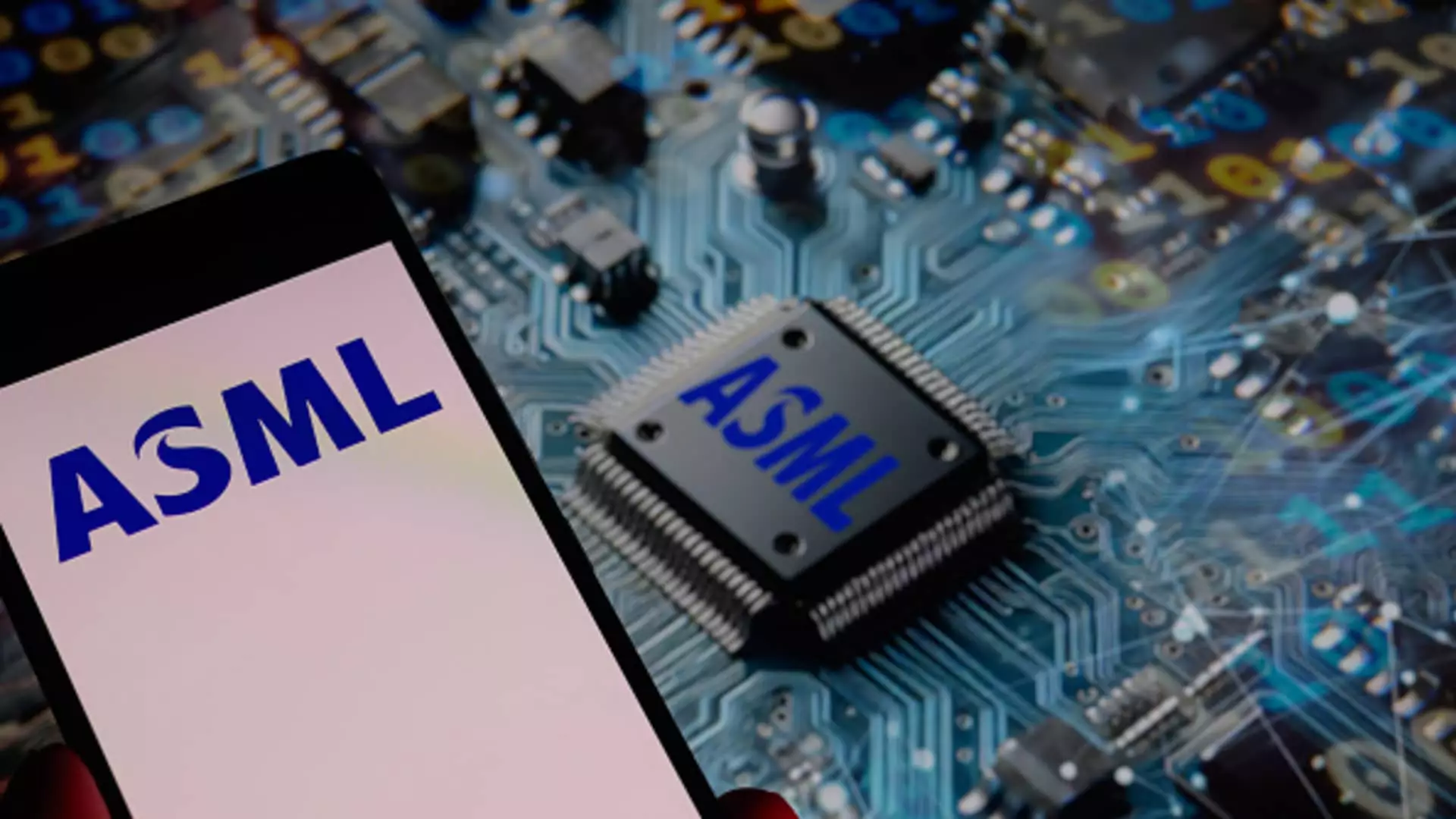The Dutch government recently made the decision to expand export restrictions on advanced semiconductor manufacturing equipment, particularly focusing on ASML’s machines. This move requires companies to apply for a license from the Dutch government in order to export their gear out of the country. The decision was justified by Reinette Klever, the minister of foreign trade and development for the Netherlands, citing security reasons due to increased security risks associated with the export of such manufacturing equipment, especially in the current geopolitical context.
This expansion of export restrictions comes after the Dutch government’s initial introduction of export restrictions on advanced semiconductor equipment exports last year. ASML, a key semiconductor company headquartered in the Netherlands, plays a vital role in producing advanced chips. Additionally, the United States has also implemented new export controls on critical technologies, including quantum computing and semiconductor goods, in an attempt to cut off exports of key chips and semiconductor tools to China. Consequently, allied countries such as the Netherlands are under pressure to enhance their export curbs on key chipmaking tools.
ASML manufactures two types of tools – extreme ultraviolet (EUV) lithography machines and deep ultraviolet (DUV) lithography machines. While EUV lithography machines are crucial for producing cutting-edge chips, DUV lithography machines are used for manufacturing other types of semiconductors like memory chips. Both sets of machines are now subject to Dutch government restrictions. The government emphasized its unique leading position in the semiconductor industry and the need to act responsibly to minimize disruption to global trade flows and value chains.
ASML announced that the expanded restrictions mean that its TWINSCAN NXT:1970i and 1980i DUV immersion lithography systems will require a license from the Dutch government for export. This move highlights the importance of ASML in the global semiconductor industry and the significant impact that export restrictions can have on the company’s operations. Additionally, the Netherlands’ role as a key focus for U.S. policymakers underscores the complexities of balancing national security concerns with global trade dynamics.
The Dutch government’s decision to expand export restrictions on advanced semiconductor manufacturing equipment reflects a broader trend of increased scrutiny on critical technologies and the growing complexity of international trade relations. ASML’s pivotal role in producing advanced chips underscores the need for careful consideration of security risks and global trade implications. Moving forward, it will be essential for policymakers to navigate these challenges effectively to ensure a balance between national security requirements and maintaining a vibrant and competitive global semiconductor industry.



Leave a Reply